Noong Het is a commune in the basin of Dien Bien district with many advantages to develop high-quality rice production. However, before 2020, people in Noong Het commune still maintained the method of household-scale production. Rice products were sold to local rice milling service businesses. Therefore, the quality and value have not been improved, and the Dien Bien rice brand has not been upgraded.
Since 2020, the People's Committee of Noong Het commune has focused on attracting investment, encouraging cooperatives to link with people to form concentrated production areas. Cooperatives invest in processing and preservation technology and are responsible for consuming products in markets outside the province, increasing value and gradually building product brands. Up to now, in Noong Het commune, 2 production links and 2 concentrated high-quality rice production areas have been formed; the production area has continuously increased over the years.
In 2020, Tam Thien Cooperative started to build a high-quality rice production link in Noong Het commune. From an initial area of 5 hectares, after 3 years of implementation, the cooperative has expanded to more than 50 hectares.

Ms. Tran Thi Huong Que, Director of Tam Thien Cooperative, said: The linked area only produces one variety of seng cu rice. The cooperative links production with households whose fields are close together, creating a concentrated production area for convenient mechanization, care and harvesting. After 3 years of implementation, in 2022, Tam Thien rice products were recognized as meeting OCOP standards with a 3-star rating. OCOP product certification is like a "passport" to help increase product value and expand the consumption market.
Dien Bien Dong district is famous for its sticky rice products. Although it has a certain position in the market, the product coverage is very limited. The main reason is that the production area is small and fragmented, not enough to meet the market demand. Therefore, in recent years, Dien Bien Dong district has made efforts to expand the area towards concentrated production.
Luan Gioi commune has a flat rice field area, a solidly invested and quite synchronous irrigation system, and is the commune chosen by Dien Bien Dong district to develop a sticky rice linkage area. Previously, sticky rice in Luan Gioi was only produced by people with a small area of about 500 - 1,000m2/household, just enough to serve family needs. In 2022 - 2023, Anh Tho Cooperative (Luan Gioi commune) deployed a sticky rice production linkage model with a scale of 50 hectares. After 2 years of implementation, the product material area was stable, the products achieved high productivity and quality and were recognized as 3-star OCOP products by the OCOP Product Evaluation and Classification Council of Dien Bien Dong district.

Mr. Nguyen Van Tho, Director of Anh Tho Luan Gioi Cooperative, said: The current raw material area for sticky rice products is still too small compared to market demand. In the coming years, the Cooperative will continue to mobilize and encourage people to participate in the sticky rice production linkage model. From there, create a larger raw material area to meet customer demand. In addition, to increase product value, the Cooperative will continue to invest in technology in processing, preserving and packaging products to produce quality rice grains, gradually restoring the Dien Bien Dong sticky rice brand in the domestic market and outside the province.
Currently, localities are focusing on exploiting the potential and advantages of rice production, building linkages and expanding specialized production areas. However, for production linkages to operate sustainably, timely and appropriate support policies and mechanisms are needed.
For the two products Tam Thien rice and Luan Gioi sticky rice, authorities at all levels from commune to district always prioritize supporting associated entities in production, introduction, promotion and trade promotion, especially in building products that meet OCOP standards.

Mr. Nguyen Trong Hue, Head of the Department of Agriculture and Rural Development of Dien Bien Dong district, said: Dien Bien Dong district always prioritizes the integration of policies and common capital sources to develop the production area of tan sticky rice in Luan Gioi. The district People's Committee directs specialized departments to provide maximum support to the associated entities to successfully build OCOP-standard products. This is a premise for the product to reach out to markets outside the province. The district People's Committee also coordinates with the Department of Agriculture and Rural Development and the Department of Industry and Trade to introduce and promote Luan Gioi tan sticky rice products at trade promotion conferences nationwide.
Similarly, Dien Bien district has been prioritizing resources and policies to develop specialized production areas for high-quality rice in Muong Thanh fields. Currently, all communes in the Muong Thanh basin have built at least one high-quality rice production linkage.

Mr. Chu Van Bach, Head of the Department of Agriculture and Rural Development of Dien Bien district, said: Enterprises need to actively cooperate with farmers, expand production scale according to the new cooperative model, build raw material areas for standard rice production. Thereby, develop a chain of linkages for production and consumption of rice effectively and sustainably. Dien Bien district People's Committee is actively attracting investment, inviting enterprises to invest in projects on rice production in Muong Thanh field. Besides promoting internal resources, Dien Bien district continues to propose to the province to issue policies to support the development of linkages in the production of high-quality rice in the area.

In recent years, Dien Bien province has had timely and appropriate policies to develop rice production areas according to the value chain. Currently, the Provincial People's Council and People's Committee are researching to issue resolutions and decisions on new mechanisms and policies to support agricultural development associated with new rural construction and restructuring of the agricultural sector, including the important content of supporting the development of rice production areas according to sustainable value chains.
Source




![[Photo] Binh Trieu 1 Bridge has been completed, raised by 1.1m, and will open to traffic at the end of November.](https://vphoto.vietnam.vn/thumb/1200x675/vietnam/resource/IMAGE/2025/10/2/a6549e2a3b5848a1ba76a1ded6141fae)



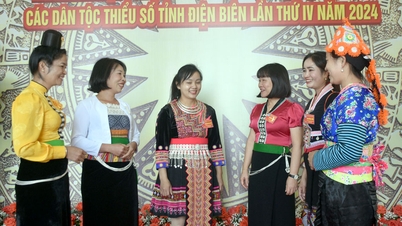
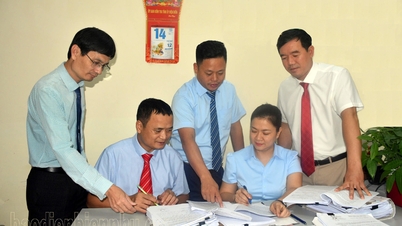


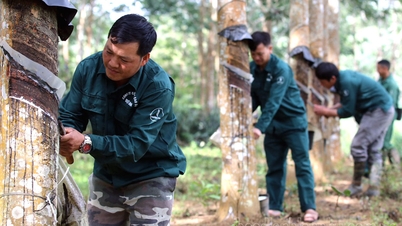
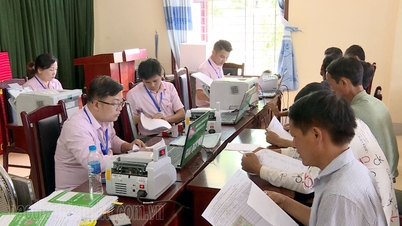
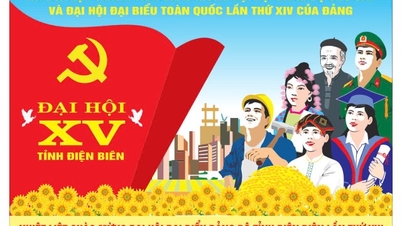
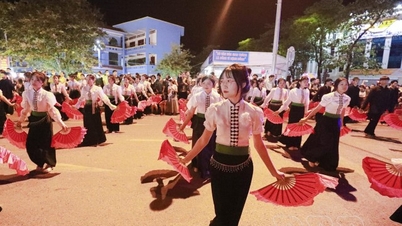








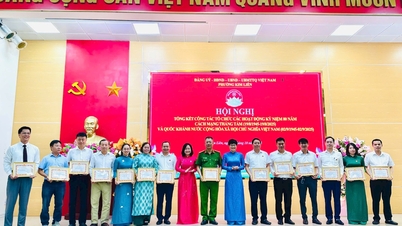
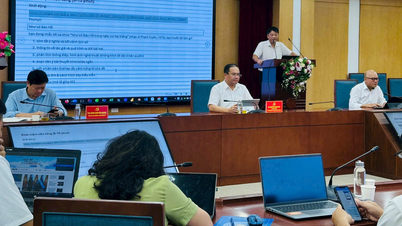
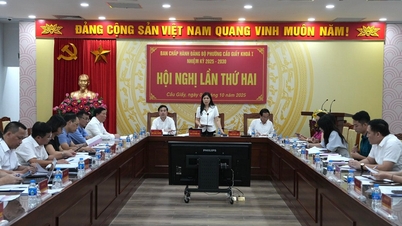
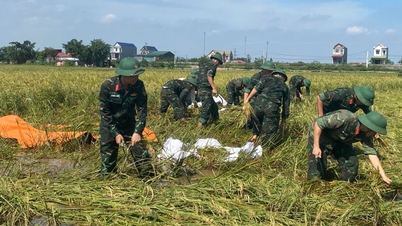

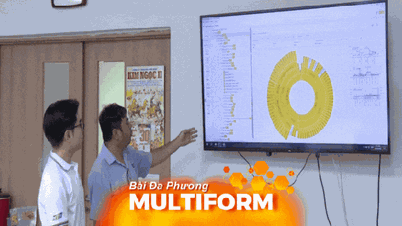


















































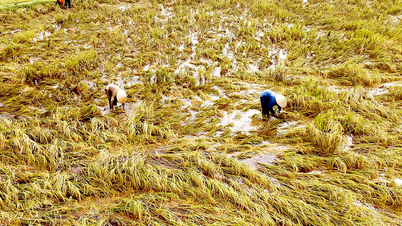
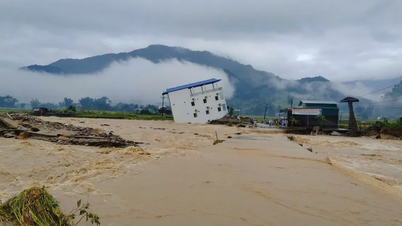
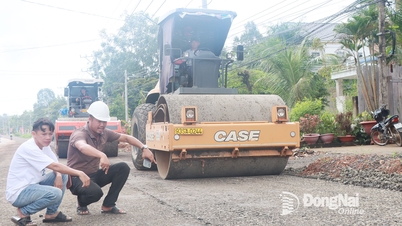

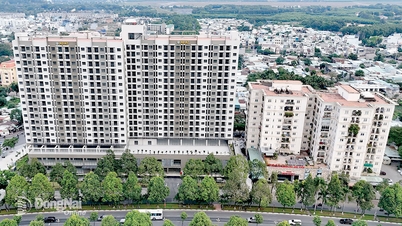
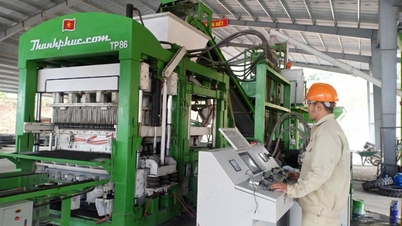













Comment (0)